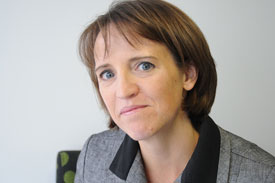
SMF has awarded its latest round of scholarships to 10 young engineers who are aiming to become business leaders in UK companies:
- Rafael Cepeda Lopez, CEng FIET – Rotterdam School of Management
- Oritsedere Ogbe, CEng MIMechE – London Business School
- Ozan Yalniz, CEng MICE – Massachusetts Institute of Technology
- Avijit Singh, CEng MIED – London Business School
- Julia Nammuni, CEng MICE – London Business School
- Edward Sclater, CEng MIMechE – Kellogg School of Management, Northwestern University
- Mahipal Ganeshmal, CEng MIMechE –IMD Switzerland
- Penny Cox – INSEAD
- Robin Northcott, CEng MIMechE – London Business School
- Ross Gordon, CEng MIChemE – Rotterdam School of Management
Six of the successful awardees tell us what inspired them to do an MBA programme and their ambitions after graduation.
Ross Gordon, CEng MIChemE – Rotterdam School of Management

Prior to commencing his MBA studies at Rotterdam School of Management, 30 year old Ross Gordon worked in the process industries, primarily in oil & gas and pharmaceuticals, with an emphasis on sales and project management. His most recent assignment with Jacobs Engineering was based in Switzerland at Novartis, working on the design of a new pharmaceutical facility to be built in Singapore.
Ross commented, “I first learned about the SMF bursary several years ago, while still a junior engineer, from an article about Lord Sainsbury and his charity work. Six years later, I’m delighted to have been awarded a scholarship to do an MBA. My desire to study for an MBA stems from working in the process industries for the last six years. I want to have greater understanding of the business dynamics and complex interactions of global companies and the MBA will give me this and build my management skills.
“This award is life changing for me. The ability to focus on whatever industry I choose without the burden of debt, combined with being an SMF member and interacting with such an esteemed cohort is truly exhilarating.”
On graduation, Ross‘ ambition is to work within a diversified chemicals or industrial biotechnology company and help an industrial biotechnology company in the UK to grow significantly.
Ed Sclater, CEng MIMechE – Kellogg School of Management, Northwestern University

Prior to attending business school, Ed spent five years as a senior design engineer for Magna Parva, an international provider of engineering R&D services and scientific instruments for inter-planetary satellites. In 2011 Engineer magazine named Magna Parva ‘one of the UK’s most exciting young engineering companies.’
“I was fortunate to learn about the SMF bursary through online research, as studying for an MBA in the US is extremely expensive. The bursary has made an enormous contribution towards making my studies possible; helping me towards my long-term goal of setting up an enterprise that makes a positive impact on the world’s great engineering challenges.”
Oritsedere Ogbe, CEng MIMechE – London Business School
 Prior to starting his MBA course, Dere worked as an operations engineer with BP in Europe, Middle East and North Africa for seven years. He was responsible for implementing operational best practices and continuous improvement. He enjoyed his career in engineering but wants to broaden this into commercial/managerial roles. The MBA, which he is studying at LBS, provides a springboard into these roles, giving him both the management tools and the opportunity to challenge himself in new directions.
Prior to starting his MBA course, Dere worked as an operations engineer with BP in Europe, Middle East and North Africa for seven years. He was responsible for implementing operational best practices and continuous improvement. He enjoyed his career in engineering but wants to broaden this into commercial/managerial roles. The MBA, which he is studying at LBS, provides a springboard into these roles, giving him both the management tools and the opportunity to challenge himself in new directions.
Dere is enthusiastic about his award, “I learned about the SMF bursary while working towards my engineering chartership and I was amazed by the forward thinking behind the scheme. Combining technical and commercial skills brings practical insights and leadership to any top management team. The bursary was a key factor in my decision to pursue the MBA – it would have been difficult to take the financial risk without support. I am not overwhelmed with debt and have the space to pursue opportunities that are in line with my long term goals.”
After completing his MBA, Dere is aiming for a position as a commercial manager at an international energy firm, and the opportunity to manage a major energy development which brings leadership, commercial and technical challenges simultaneously.
Robin Northcott, CEng MIMechE – London Business School

Robin Northcott has left behind the racy world of F1 cars. He previously worked for Mercedes AMG Petronas Formula One Team as a senior structural analyst, responsible for the structural performance of carbon fibre F1 car parts.
Robin takes up the story: “I had three great years building F1 cars and wanted to explore new opportunities. I was seeking a career where I could use my strengths to make a positive impact on the world and decided it was time to take my wife’s advice and ‘become part of the solution.’ By acquiring additional knowledge and skill, I can help to solve some of society’s challenges.
“I was inspired by the very idea of an MBA and found out about the SMF bursary while researching into MBAs and business schools. The interview day at the Royal Academy of Engineering was life changing in two ways – first, I received the bursary to do my MBA at LBS and second, I learned that that my wife is expecting our second child. A very happy day.”
“I am not 100% sure yet what career I will pursue post-MBA, but that’s the joy of the SMF scheme. You do not have to commit to a career option upfront to secure a bursary; you have breathing space to consider your options during the MBA programme. I think asset management looks very attractive. For me, the essence of good capitalism is using people’s savings to invest in good businesses, generating wealth and pensions for investors and economic growth that benefits everyone.”
Rafael Cepeda Lopez, CEng FIET – Rotterdam School of Management

Rafael has worked in telecommunications for over 10 years. He leaves his most recent role in the research and innovation group at BSkyB, where he was the leading expert in wireless communications, to do his MBA/MFM dual degree at RSM. Prior to BSkyB, Rafael was a principal research engineer for Telecommunications Research Laboratory of Toshiba Research Europe (TRL-TREL), where he was responsible for blue-sky research in wireless communication and was sponsored to do a part-time PhD at the University of Bristol.
With such a strong telecommunications background it’s not surprising that his inspiration for doing an MBA is linked to communications. “I was inspired by a desire to learn about the reasons behind the insufficient level of communication and understanding between the research and business arms within hi-tech companies; and how this can be bridged to achieve better strategy and outcomes,” said Rafael.
“I am delighted to be awarded a Sainsbury Management Fellowship bursary and am pleased that the Institute of Engineering & Technology promotes the scheme. It’s very interesting that a professional body in my field is highlighting the need to combine engineering and business knowledge. I believe this is key for the UK to hold its position as a top technology innovator,” said Rafael.
Mahipal Ganeshmal, CEng MIMechE – IMD Switzerland

Mahipal has worked in the aerospace industry for 10 years, developing advanced materials and manufacturing practices. He has worked for leading brands including GE Aviation and the University of Ulster. Before embarking on his MBA, 33 year old Mahipal was working with Rolls-Royce as project team leader, developing the next generation carbon fibre composite material. His inspiration for going down the MBA route is about professional and personal development. “I want to learn about my leadership style and how to become a great team leader and team player. That’s why I chose IMD – it has a specialised MBA programme for leadership development.
“I discovered the SMF scheme when I was researching the MBA. The whole experience of getting the scholarship has taught me a great deal – it is much more challenging and competitive to get an award than I realised. It took me 12 months to get through the process! It’s good to know that being ‘good enough’ will not get you the Fellowship, you have to be exceptional. If you’re not, the panel is in no rush to award the Fellowship, they will interview more candidates.
“My post-MBA goal is to move towards leadership roles in business and strategy development in hi-tech or engineering firms. This will enable me to use both my engineering experience and my learning from the MBA,” explained Mahipal.







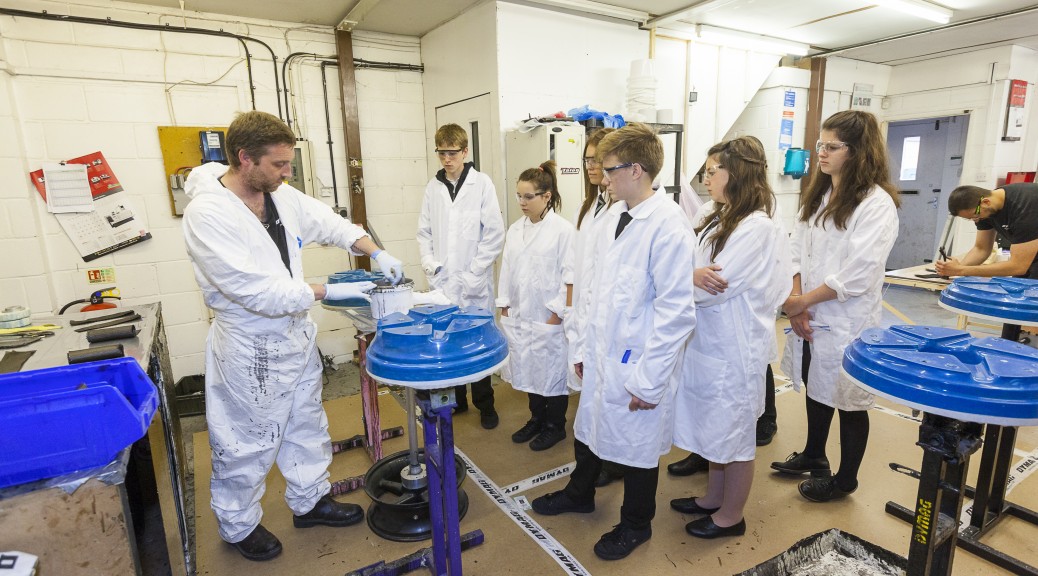

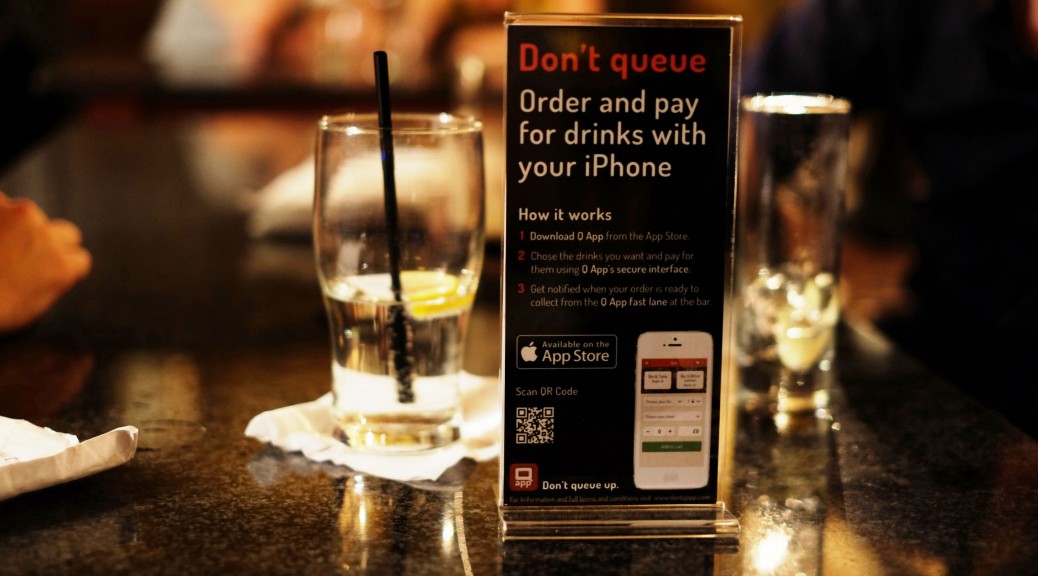



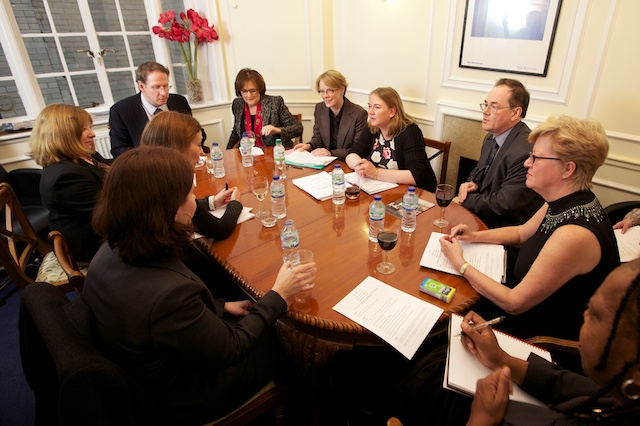

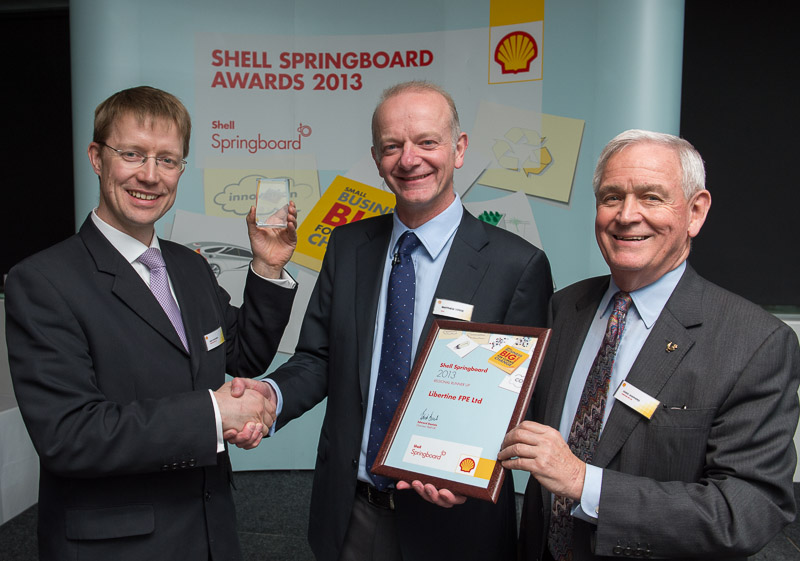





 Prior to starting his MBA course, Dere worked as an operations engineer with
Prior to starting his MBA course, Dere worked as an operations engineer with 


